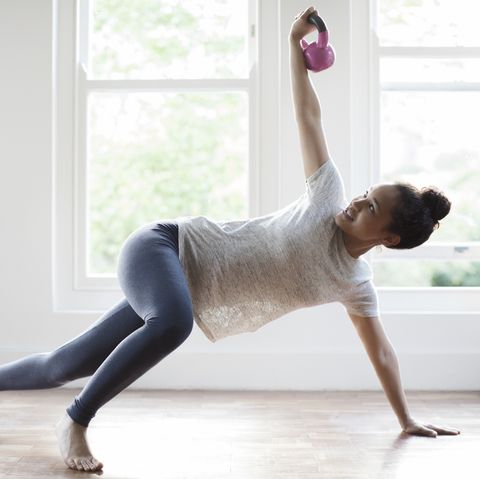Top Exercise Tips For Beginners

Regular exercise is a crucial part of a healthy lifestyle. However, getting started and keeping up a routine can be challenging.
Try these tips to make exercise a natural part of your life. They include using triggers (time, places or cues) to help you form a habit and working out at the right times of day.
Give Yourself Rewards
While you may think that it’s a good idea to reward yourself for your hard work in the gym, be careful not to go overboard. Too much reward can be counterproductive and actually hurt your fitness goals.
Rewards should be closely tied to exercise so that you feel like it’s more than just a boring chore. This could mean watching a movie or episode of your favorite show while you walk on the treadmill, listening to a podcast on your bike ride, or buying that new workout outfit that will inspire you each time you head to the gym.
Try different sports and activities to find what inspires you most. You don’t have to spend hours at the gym to experience the benefits of exercise; take a walk in nature, pick fruit at an orchard, dance to your favorite song, go bowling, or take a class in martial arts. You’ll be glad you did! You can also reward yourself for meeting short-term fitness goals, such as losing 10 pounds by buying a new smaller wardrobe.
Don’t Overdo It
Exercise is an important part of a healthy lifestyle, but it’s possible to work out too much. In addition to causing pain, overdoing exercise can lead to chronic medical conditions and mental health problems. A sports medicine specialist can help you find the right balance between exercise and rest.
Exercise can be a great way to feel more present in your body and boost mood, but it’s also important to take breaks from time to time. Taking one to two weeks off of training can allow your body to recuperate and can give you the motivation you need to continue exercising on a regular basis.
The Centers for Disease Control and Prevention recommends 150 minutes of moderate-intensity physical activity and muscle-strengthening activities two days per week. Try to fit exercises into your everyday routine, such as walking during lunch or standing up while watching TV after dinner. You can also get a little bit of exercise while on vacation.
Listen to Your Body
It’s important to listen to your body and respect its signals. For instance, if you’re feeling sore and tired after a workout, it’s probably time to take it easy (or skip it altogether).
Learning to tune into your physical sensations is an ongoing practice that can help you stay in touch with your body’s needs. It’s also helpful to learn how to recognize emotions, as they tend to manifest physically as well.
Keep a journal or set an alarm on your phone to remind you to check in with yourself throughout the day. A good place to start is noticing the quality of your sleep, your energy level and what you’re eating and drinking (and how it affects you). Keeping a regular dialogue with yourself is key. You can use this information to develop a healthier, more satisfying lifestyle! (Busch et al., 2020). Increased bodily awareness is associated with greater psychological well-being and better management of diseases like chronic pain.

